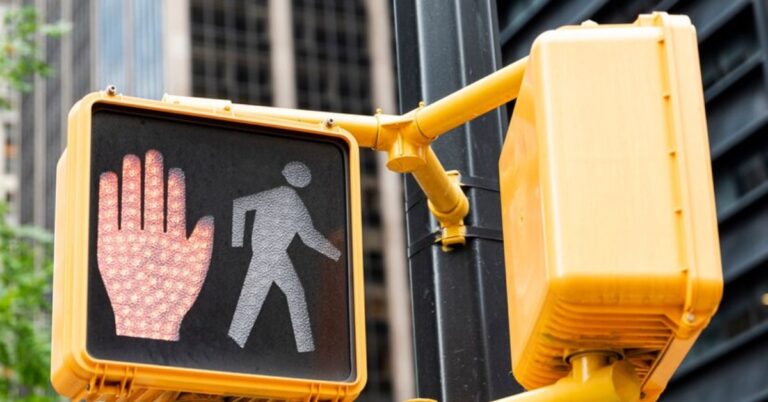A Comprehensive Guide to Employees Reward System
The Importance of Employee Recognition
Recognizing employees for their hard work and contributions is essential for maintaining high morale and productivity. It’s not just about giving out gifts for office staff, but creating a culture of appreciation. When employees feel valued, they are more engaged, motivated, and loyal to the company. Acknowledgment doesn’t have to be extravagant; even small gestures can make a significant impact.
Many studies highlight the importance of employee recognition in boosting morale. For instance, acknowledgment not only boosts individual motivation but also fosters a positive work environment. Notably, a Gallup study found that organizations with effective employee recognition programs have a 31% lower voluntary turnover rate than those without. This data underscores the necessity of implementing a solid recognition strategy to support employee retention and satisfaction.
Personalized Gifts and Their Impact
Personalized gifts show employees that their contributions are recognized on an individual level. Unlike generic rewards, personalized gifts have a stronger emotional impact, which makes employees feel truly valued. Thoughtful, personalized tokens of appreciation can significantly enhance the overall employee experience by creating a deeper connection between the employee and the organization.
For example, a survey by Forbes found that employees who receive personalized recognition are nearly four times more likely to be engaged at work. This finding demonstrates the power of personalized gifts in fostering a more engaged and committed workforce. Companies that invest in thoughtful, individual recognition often find themselves rewarded with increased loyalty and productivity from their employees.
Creative Ideas for Employee Rewards
- Custom Awards: Create unique awards that reflect your company culture and your employees’ achievements. These can range from ‘Employee of the Month’ plaques to bespoke trophies highlighting specific accomplishments.
- Experiential Rewards: Offer experiences like travel vouchers, adventure activities, or dining experiences. These rewards provide memorable experiences that employees can cherish and often prove to be more meaningful than material gifts.
- Company Swag: Provide branded items like apparel, tech gadgets, or office supplies. Custom merchandise can instill a sense of pride and belonging among employees while also serving as handy, everyday items.
- Professional Development: Invest in employees’ career growth with courses, workshops, or conference tickets. Professional development opportunities show employees that the company is invested in their career progression and personal growth.
- Health and Wellness: Offer gym memberships, wellness retreats, or health-focused gift baskets. Prioritizing health and wellness rewards can support employees’ overall well-being, leading to reduced stress and increased productivity.
How to Implement an Effective Reward System
- Identify Goals: Determine the objectives your reward program aims to achieve, such as boosting morale or reducing turnover. Setting clear goals helps in designing a focused and effective reward strategy.
- Gather Feedback: Survey employees to understand what types of rewards they value most. Employee preferences can vary widely, so gathering input ensures the rewards program is well-received and impactful.
- Set Criteria: Establish clear criteria for earning rewards to ensure fairness and transparency. Transparent metrics for reward eligibility can help in maintaining consistency and fairness in the reward system.
- Communicate: Clearly communicate the reward system’s details and benefits to all employees. Open and continuous communication ensures that employees are aware of how they can earn rewards and the benefits they can expect.
- Evaluate and Adjust: Regularly review the program’s effectiveness and make necessary adjustments based on feedback and results. Continuous evaluation helps in fine-tuning the reward system to better meet employees’ needs and preferences over time.
Benefits of a Well-Structured Rewards Program
A well-organized rewards program offers numerous benefits, including improved employee satisfaction, increased productivity, and enhanced company loyalty. A structured approach ensures that the rewards are meaningful, resonating well with the employees and further motivating them. Effective reward programs also foster a positive work culture, where employees feel recognized and valued for their contributions.
Such programs instill a sense of accomplishment and belonging among employees, encouraging them to stay with the company longer and perform at their best. Moreover, a robust rewards program can attract top talent, as prospective employees often consider the recognition and rewards culture of a workplace during their job search.
Case Studies and Real-Life Examples
Examining successful reward programs from renowned companies can provide valuable insights into designing effective recognition strategies. For example, Google offers a range of rewards, from peer-to-peer recognition to monetary bonuses. Their approach emphasizes inclusivity and frequent recognition, ensuring that contributions from all levels are acknowledged.
Similarly, Zappos focuses on quirky and fun rewards like themed office celebrations and spontaneous bonuses. Their unique approach to employee recognition not only makes work enjoyable but also strengthens team bonds. These examples demonstrate the diversity of successful reward strategies and the importance of aligning them with company culture.
Measuring the Success of Reward Programs
To evaluate the effectiveness of your reward program, consider using metrics such as employee engagement scores, turnover rates, and employee satisfaction surveys. Regularly tracking these metrics will help you fine-tune the program for better results.
For instance, employee engagement scores can indicate how committed and enthusiastic employees are about their work. Periodic employee satisfaction surveys can provide direct feedback on the perceived value and effectiveness of the rewards program. By continuously measuring these indicators, companies can ensure their reward systems remain relevant and effective.
Trends in Employee Recognition
Employee recognition trends are constantly evolving. Some of the current trends include social recognition platforms, personalized and experiential rewards, and a focus on mental health and well-being. Staying updated with these trends can help companies keep their reward programs fresh and relevant.
Social recognition platforms leverage the power of social media-like features to facilitate peer-to-peer recognition, making acknowledgment more frequent and visible. Personalized and experiential rewards go beyond traditional gifts, offering unique experiences that resonate on a personal level. Additionally, focusing on mental health and well-being is crucial, as it addresses the overall wellness of employees, fostering a healthier, happier workforce.







